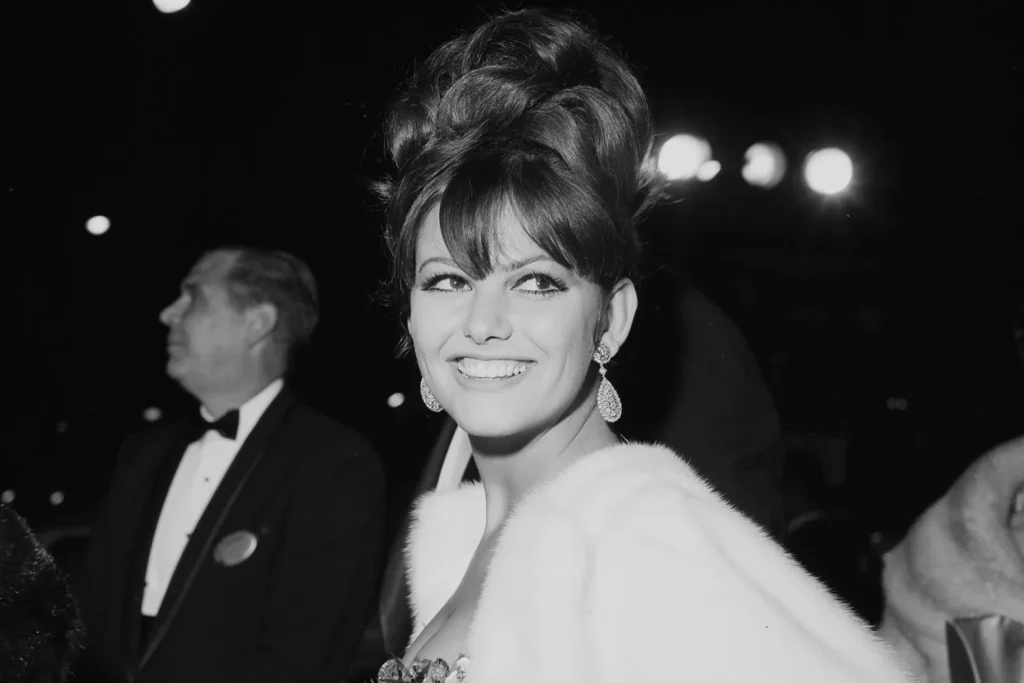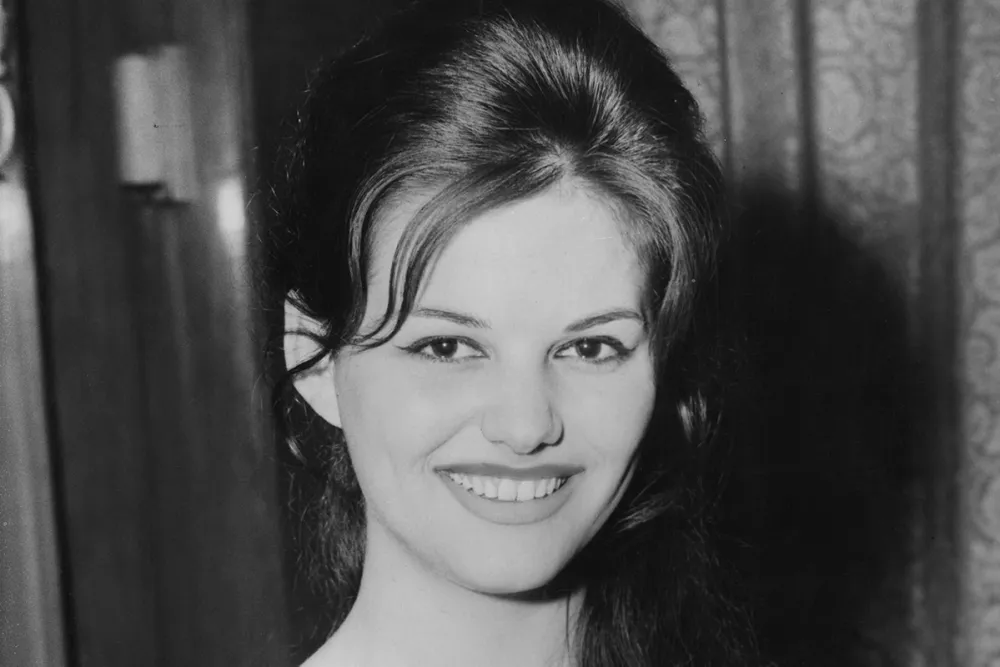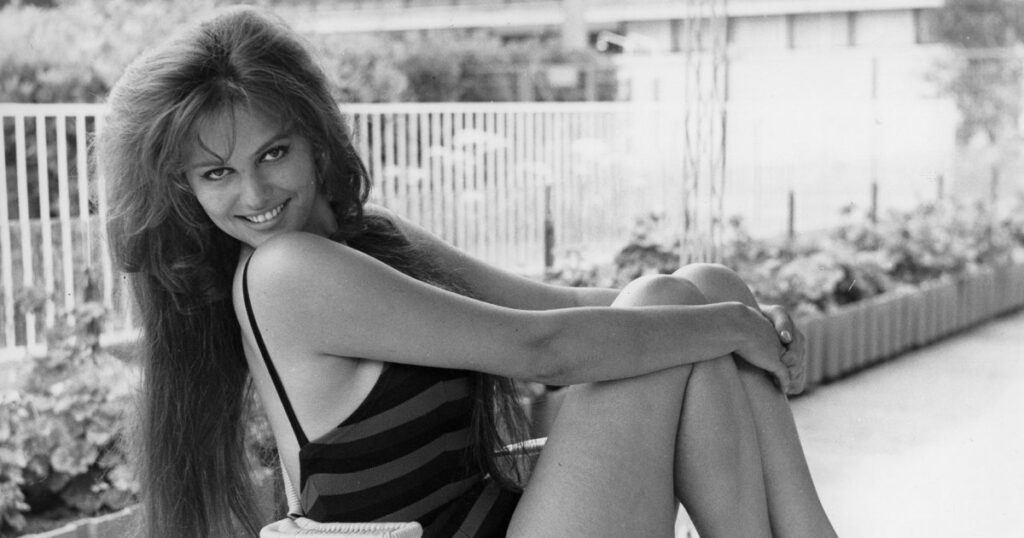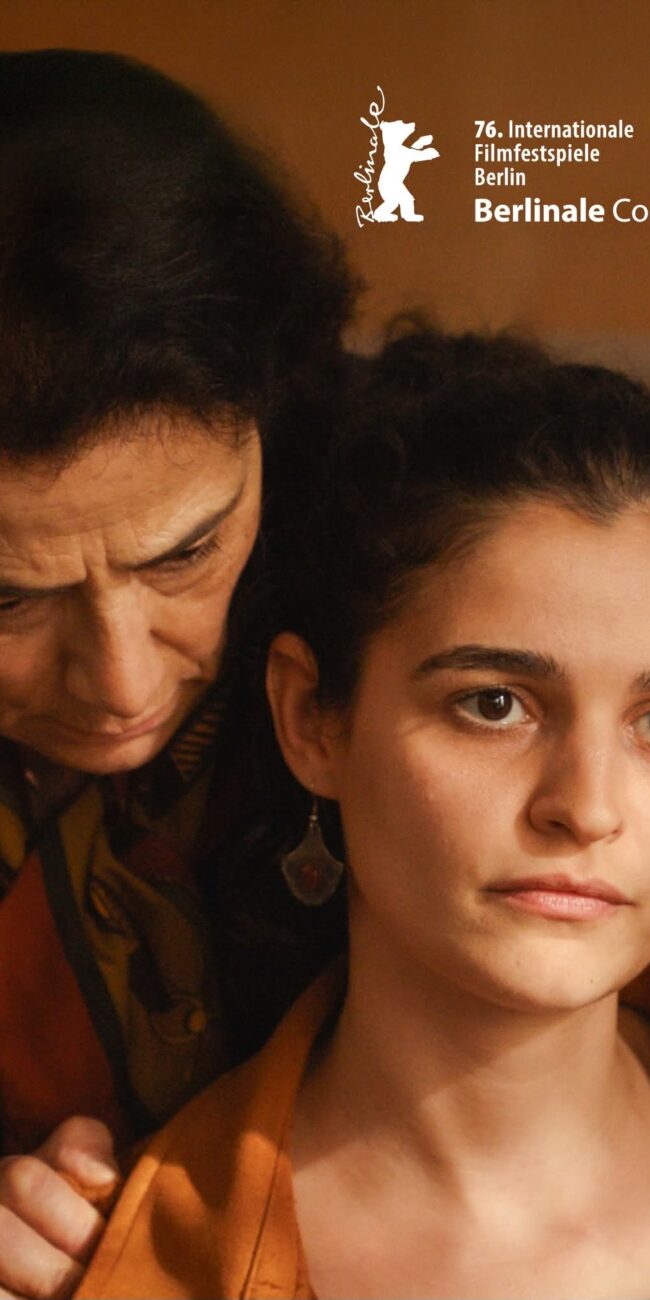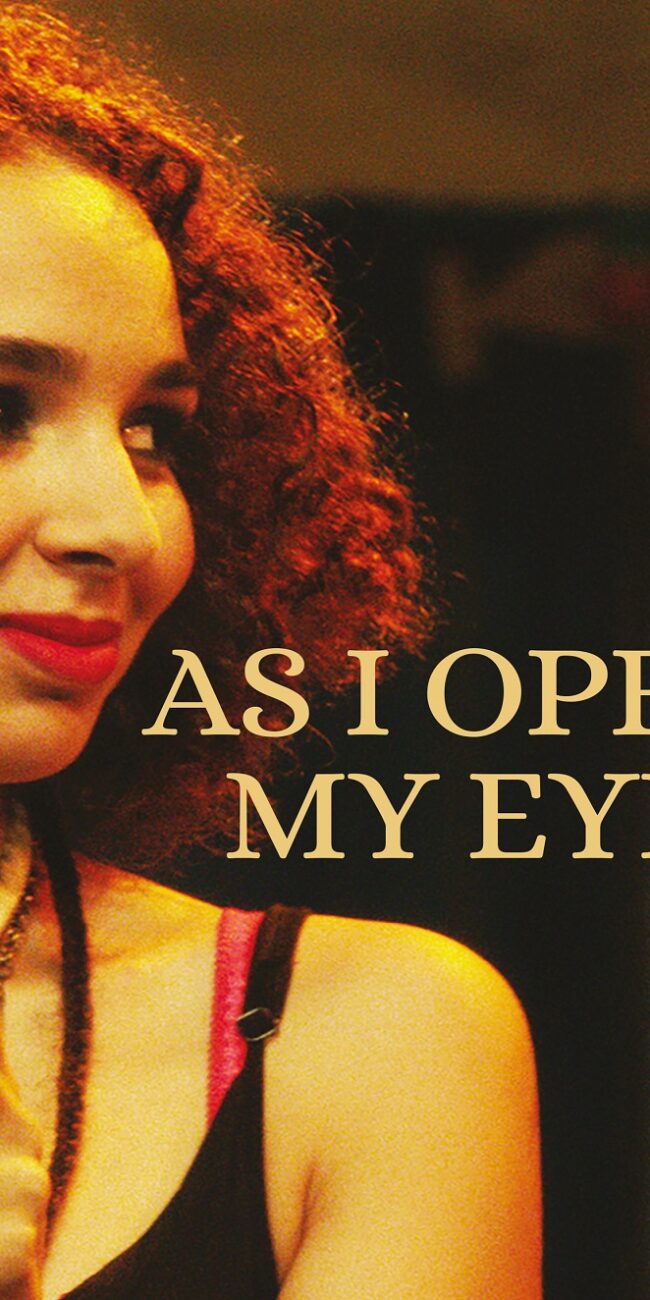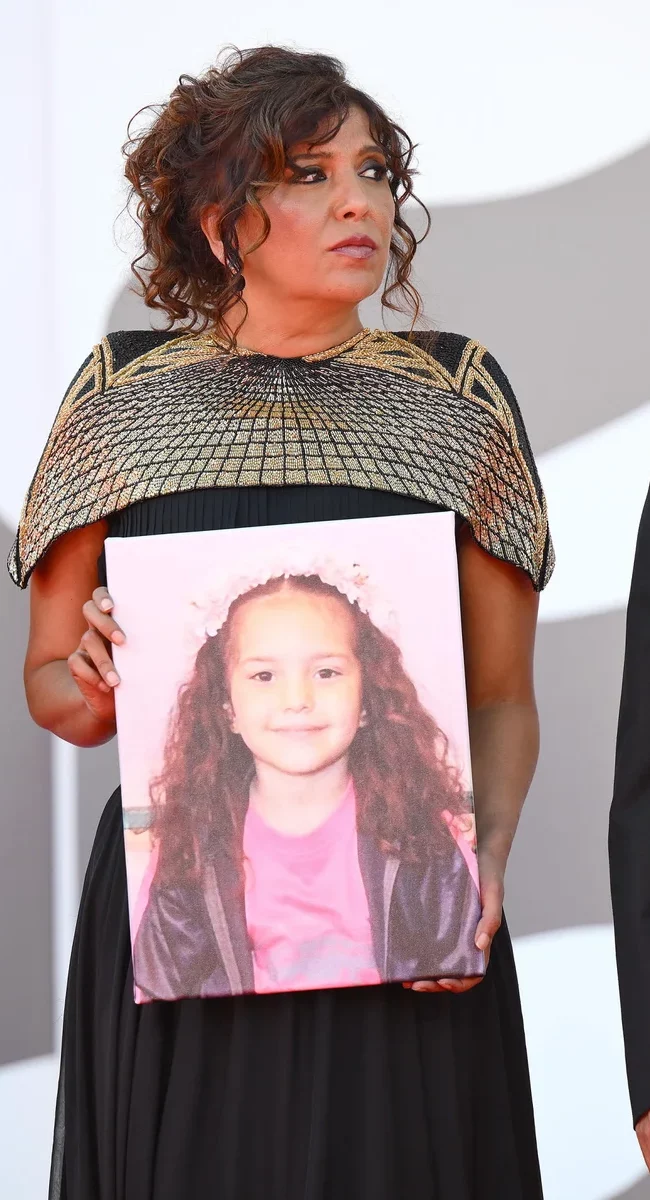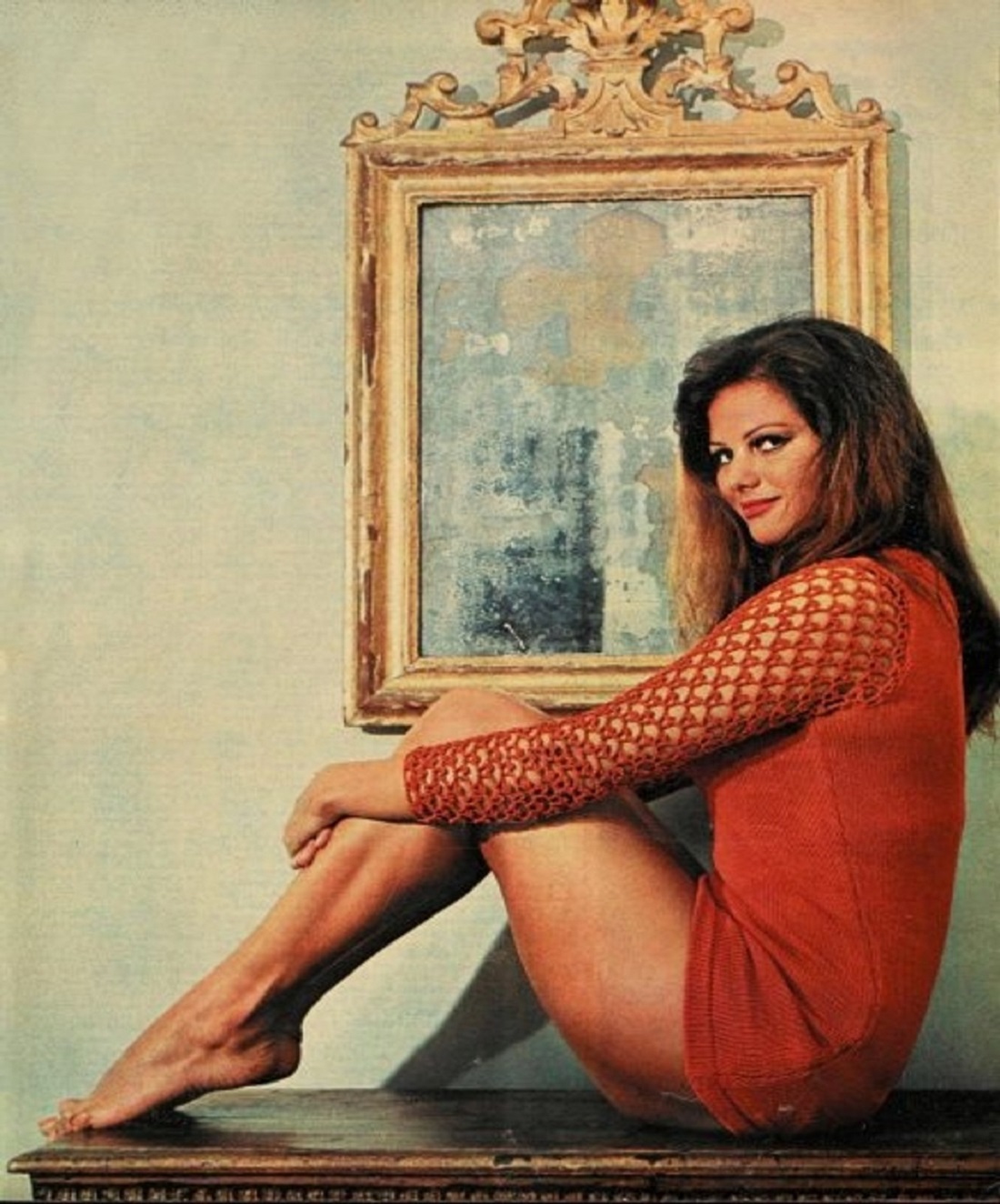
Claudia Cardinale (1938–2025): A Mediterranean Star Extinguished, a Legacy Eternal
Claudia Cardinale, whose passing at the age of eighty-six has been announced to deep sorrow across the world of cinema, represents one of the most luminous figures of twentieth-century film history, a star whose presence on screen and whose personal trajectory embody both the triumph of Italian cinema on the international stage and the enduring richness of Mediterranean cultural identity. Born Claude Joséphine Rose Cardinale on April 15, 1938, in Tunis, during the period of French colonial rule in Tunisia, she was the daughter of Sicilian parents who had settled in North Africa, and thus her life from the beginning was marked by an extraordinary confluence of cultures, languages, and traditions. She grew up immersed in a vibrant Mediterranean environment where Italian, French, Arabic, and Sicilian dialects coexisted, and this polyglot heritage not only shaped her worldview but also furnished her with an adaptability and authenticity that would later distinguish her as an actress of rare depth and charisma. Her Tunisian childhood gave her a profound attachment to her roots, and she often emphasized throughout her career that although she became a symbol of Italian cinema, her birthplace and the cultural diversity of Tunis were inseparable from her identity. This complex sense of belonging became part of her allure, for Claudia Cardinale was never merely a glamorous figure; she was a living representation of postwar Europe’s hybrid and cosmopolitan cultural fabric. Her entrance into the world of cinema was unexpected and reluctant, for she had never aspired to become an actress. In 1957 she won a beauty contest in Tunis, an event that dramatically changed the trajectory of her life by granting her a trip to the Venice Film Festival, where she caught the attention of producers from Cinecittà. Though hesitant and initially resistant to the idea of acting, especially given her preference for a private life, she was gradually persuaded into film, and from her earliest roles it was evident that a new kind of star had appeared, one who combined natural elegance with striking independence. Her early performances in Italian comedies such as Mario Monicelli’s “Big Deal on Madonna Street” (1958) immediately revealed her potential to command the screen, not simply as an object of desire but as a figure of vitality and intelligence. By the early 1960s Claudia Cardinale had risen to become one of the most prominent faces of Italian cinema’s golden era, alongside contemporaries such as Sophia Loren and Gina Lollobrigida, yet her path was distinctly her own, marked by choices that allowed her to collaborate with some of the greatest directors of her time and to create a body of work that would leave a permanent mark on film history.
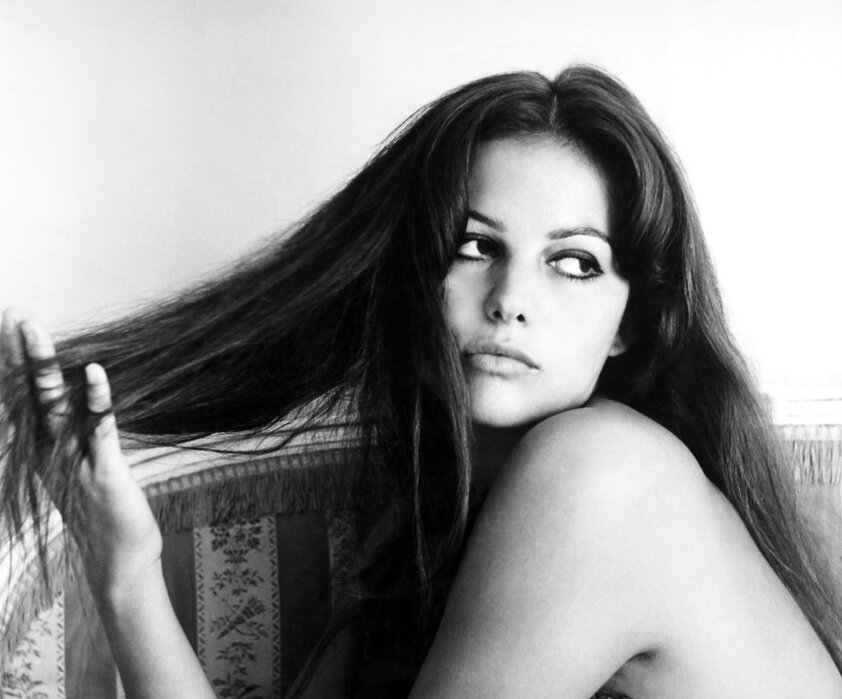
Her role in Luchino Visconti’s “The Leopard” (1963) remains one of the defining moments of her career and of European cinema itself. As Angelica Sedara, the beautiful and ambitious young woman who becomes a central figure in the transformation of Sicilian society, she embodied both sensuality and the deeper social changes sweeping through Italy, and her magnetic presence against the backdrop of Visconti’s sumptuous period reconstruction cemented her reputation as a true star. That same year, Federico Fellini cast her in “8½,” where she played herself, or rather a dreamlike projection of herself, a muse within the director’s fractured imagination. This role, so unconventional and modernist, elevated her to the status of an icon of cinematic self-reflection, her luminous face and mysterious aura representing both inspiration and unattainable beauty. In Sergio Leone’s epic “Once Upon a Time in the West” (1968), Cardinale took on the role of Jill McBain, a widow seeking justice in a brutal world, and in doing so became the heart of one of the most celebrated Westerns ever made. In a genre dominated by male heroes, her performance gave voice and strength to a female character of uncommon depth, reshaping the narrative and giving the film its emotional center. These roles illustrate not only her versatility but also her courage in embodying women who were not merely accessories to male protagonists but rather complex figures with agency, desire, and inner life.
Beyond these landmarks, Claudia Cardinale’s career encompassed a wide spectrum of genres and collaborations. She starred in Blake Edwards’s “The Pink Panther” (1963), where her elegance and wit contributed to the international success of the comedy franchise. In Richard Brooks’s “The Professionals” (1966), she shared the screen with Hollywood greats such as Burt Lancaster, Lee Marvin, and Jack Palance, holding her own with charisma and determination. Later, in Werner Herzog’s “Fitzcarraldo” (1982), she joined one of the most ambitious productions in film history, braving the Amazon jungle to help bring to life Herzog’s audacious vision of human obsession and folly. Across these diverse projects, she consistently demonstrated not only her beauty but her extraordinary skill as an actress able to transcend languages and cinematic traditions. Unlike many of her contemporaries, Cardinale retained her distinctive voice on screen, refusing to be dubbed even when studios suggested it, insisting that her deep, resonant tone was integral to her identity and performance. This insistence symbolized her independence and her refusal to conform to the industry’s attempts to homogenize female stars.
Throughout her long career, Claudia Cardinale received numerous awards and honors that recognized both her artistic achievements and her broader contributions to society. In 1965, she won the Silver Bear for Best Actress at the Berlin International Film Festival for her role in Visconti’s “Sandra,” a film in which she delivered a powerful portrayal of a woman confronting the legacy of her family and the shadows of history. In 1993, she was awarded the Golden Lion for Lifetime Achievement at the Venice Film Festival, a recognition that placed her firmly within the pantheon of cinema’s greatest figures. In 2002, she received the Golden Bear for Lifetime Achievement at Berlin, and over the years she was repeatedly honored at Cannes and other major festivals for her career as a whole. Beyond these cinematic accolades, Claudia Cardinale was also a committed advocate for women’s rights and social justice. She served as a UNESCO Goodwill Ambassador, using her platform to raise awareness about gender equality, education, and the defense of women’s rights across the globe. This dimension of her life reveals a woman who did not limit her influence to the screen but extended it to the civic and humanitarian realm, aligning her fame with responsibility and ethical engagement.
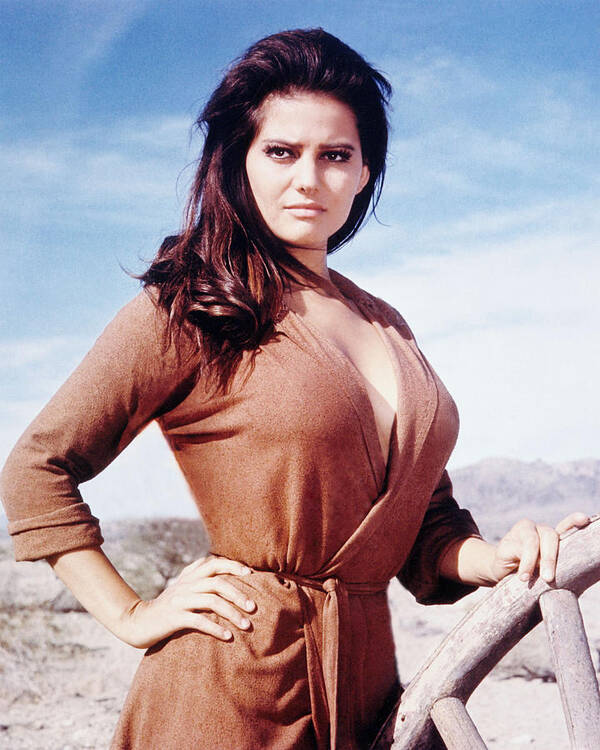
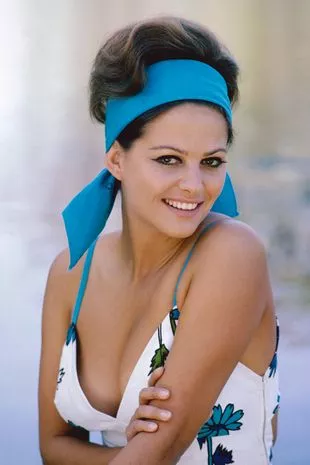
Her personal life, while often scrutinized by the press, remained under her careful protection. She was known for her determination to separate her private identity from her public image, raising her children with dignity and independence while resisting the invasive demands of celebrity culture. Unlike many stars of her era, she avoided the scandals and excesses that often accompanied fame, choosing instead to project an image of strength, discretion, and authenticity. Yet beneath this discretion lay a life shaped by challenges and resilience, including her early experiences as a young woman in an industry often dominated by male power. Claudia Cardinale’s story is therefore also one of courage, of a woman who transformed personal trials into artistic energy, and who never allowed herself to be reduced to a mere image.
What makes Claudia Cardinale’s legacy particularly enduring is the way her career intersects with the broader history of cinema. She came of age at a time when Italian cinema was redefining itself after the neorealist movement, when directors like Visconti, Fellini, Antonioni, and Leone were pushing the boundaries of narrative and form, and she became a central figure in this moment of artistic flourishing. At the same time, her international collaborations brought her into the heart of Hollywood and European co-productions, making her a truly global star. Her work can thus be seen as a bridge between different cinematic traditions, a testament to the cosmopolitan aspirations of mid-twentieth-century film culture. Moreover, her Tunisian roots give her story a unique resonance today, in an era when questions of identity, migration, and cultural hybridity are at the forefront of public discourse. As a woman born in North Africa to Sicilian parents, who then became an icon of European cinema and a voice for global causes, she embodies the interconnectedness of cultures and the possibility of transcending borders through art.
Her death marks not just the loss of an actress but the end of an era. To revisit her films is to return to a period of cinema when beauty was inseparable from depth, when glamour coexisted with artistic daring, and when stars could inspire not only admiration but reflection. Claudia Cardinale’s screen presence was not a superficial radiance but a complex force, combining strength and vulnerability, modernity and tradition, sensuality and intellect. The outpouring of tributes from directors, actors, critics, and fans around the world reflects the profound impact she had across generations. For many, she was the face of European cinema’s golden age, yet her influence continues to resonate with contemporary filmmakers and audiences who see in her work a model of artistic integrity and timeless allure.
In reflecting on Claudia Cardinale’s life, one must also recognize her symbolic importance as a woman who redefined the possibilities of female representation on screen. She played characters who were strong without being stripped of femininity, who were complex without being reduced to stereotypes, and who often carried the moral and emotional weight of their narratives. In doing so, she helped open the way for later generations of actresses to demand roles of greater substance and to resist being confined to ornamental functions. Her insistence on authenticity, her refusal to be dubbed, her pride in her multicultural background, and her commitment to social causes all testify to a woman who never allowed herself to be diminished by the structures around her.
Today, as the world mourns Claudia Cardinale, we celebrate not only the star who illuminated the screens of Fellini, Visconti, and Leone, but also the woman who embodied resilience, dignity, and cultural richness. Her films remain as living works of art, continuing to inspire and to remind us of the power of cinema to capture the complexity of human existence. Her awards and honors stand as markers of recognition, but her true achievement lies in the way she entered the imagination of millions, in the way she helped shape the language of modern film, and in the way she lived a life that combined artistry with humanity. To pay tribute to Claudia Cardinale is therefore to honor the best of what cinema can be: a space where cultures meet, where beauty and intellect combine, and where an individual life can touch countless others across time and space. Though she is gone, her spirit endures in the unforgettable images she left behind, in the voices of those she inspired, and in the timeless truth that art, when pursued with passion and integrity, can grant a form of immortality. Claudia Cardinale, the Tunis-born star who became a legend of Italian and world cinema, remains alive in the collective memory, her legacy shining as brightly as ever on the screen and in the hearts of all who cherish the history of film.
